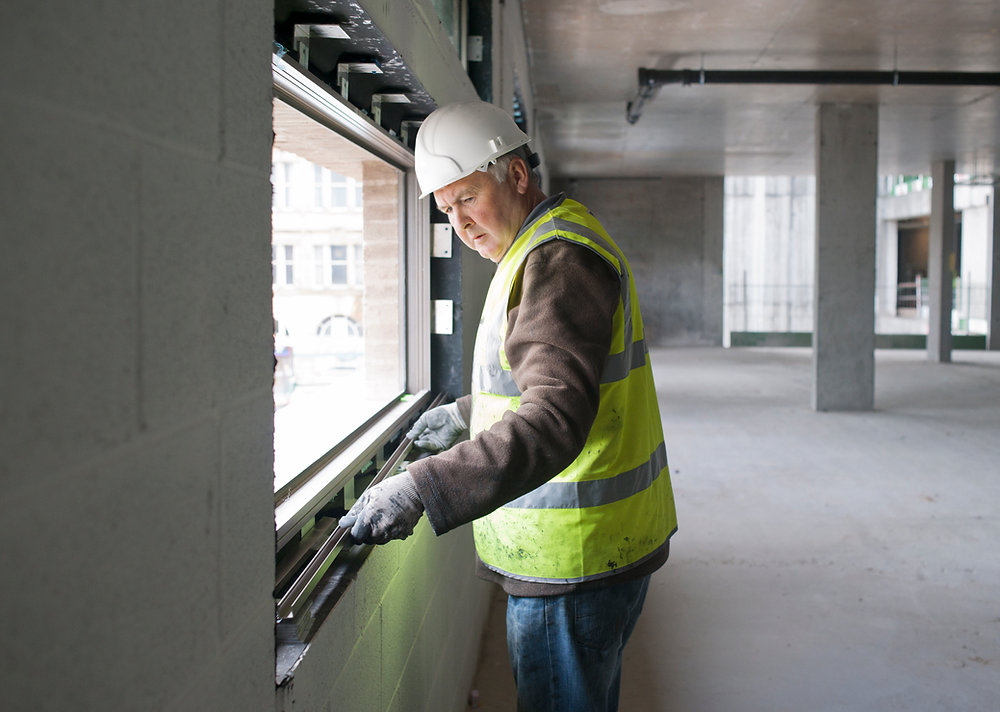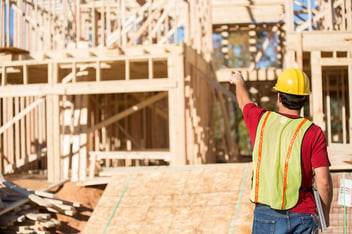The construction industry is known for its physically demanding and often dangerous work, which can take a toll on the mental and emotional well-being of workers. In recent years, there has been a growing awareness of the importance of mental health in the workplace, including in the construction industry.
In this article, we’ll explore the role of mindfulness and mental health in construction work, and how workers and employers can prioritize and promote positive mental health practices.
The Importance of Mental Health in Construction Work
Construction work can be physically demanding, but it can also be mentally taxing. Long hours, tight deadlines, and a high-stress environment can contribute to anxiety, depression, and other mental health issues.
Furthermore, construction workers are more likely to experience substance abuse, and the suicide rate among construction workers is higher than the national average.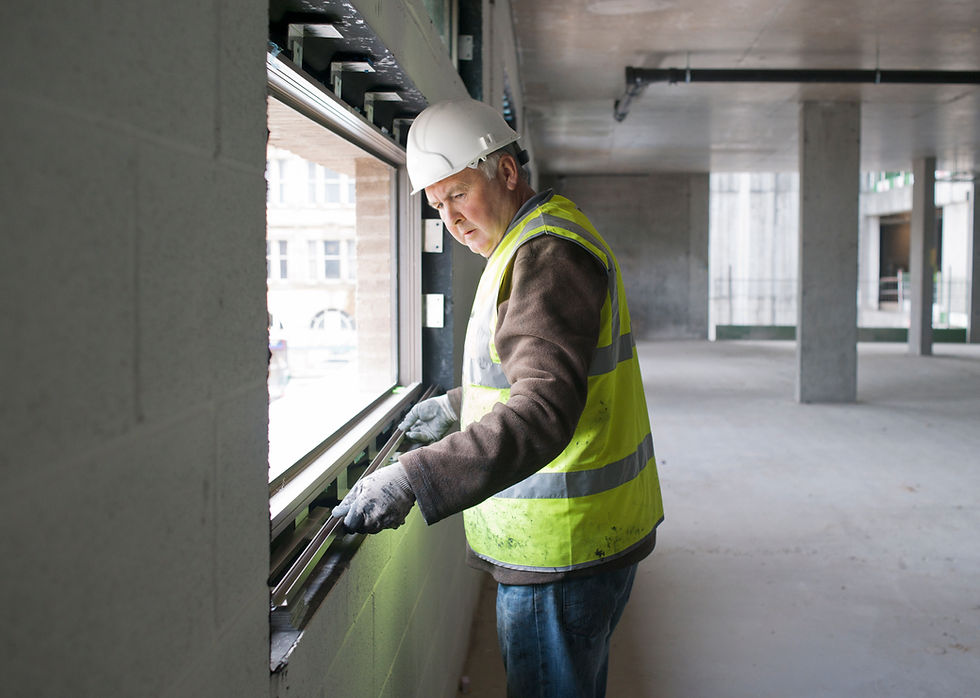
Addressing these issues requires a cultural shift in the industry. It’s not enough to simply provide access to resources like counseling or employee assistance programs. Employers must also prioritize and promote a culture of mental health and wellness in the workplace.
Mindfulness in Construction Work
One approach to promoting mental health and well-being in the construction industry is through the practice of mindfulness. Mindfulness is the practice of being present and fully engaged in the present moment, without judgment or distraction. It can help workers reduce stress, improve focus, and increase resilience in the face of challenging situations.

In the construction industry, mindfulness practices can include meditation, deep breathing exercises, or other techniques that help workers stay focused and calm on the job site. Mindfulness practices can also help workers stay safe by helping them maintain awareness and attention to detail, reducing the risk of accidents or injuries.
Promoting Mental Health in Construction Work
In addition to mindfulness practices, there are other steps that employers and workers can take to promote mental health in the construction industry. These include:
Encouraging communication
Employers should create a culture where workers feel comfortable talking about mental health concerns and seeking help when needed. This can include offering mental health resources, such as counseling or employee assistance programs, and training managers to recognize and respond to mental health issues.
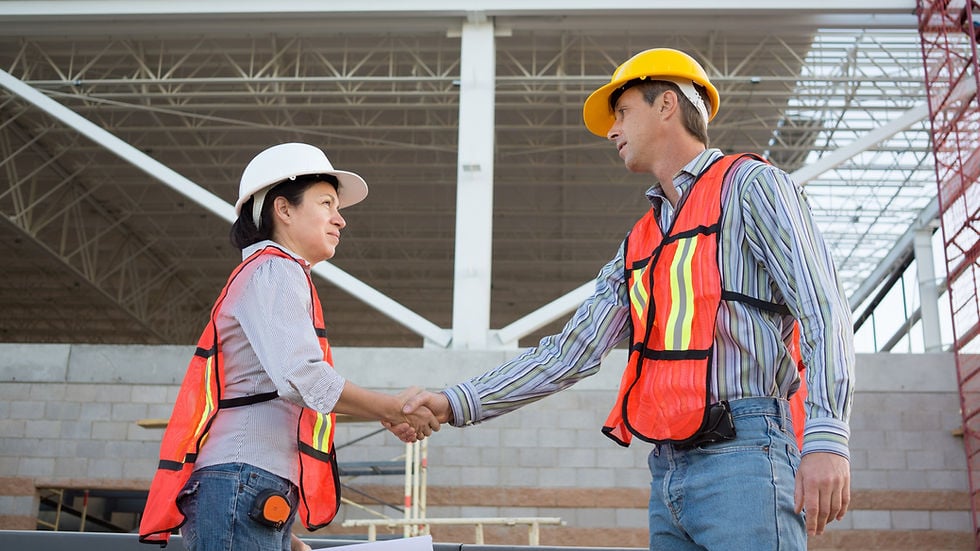
Prioritizing work-life balance
Long hours and tight deadlines can contribute to stress and burnout. Employers should prioritize work-life balance by offering flexible scheduling, paid time off, and other benefits that support workers’ mental and emotional well-being.
Creating a positive work environment
A positive work environment can help workers feel supported and valued, which can in turn improve mental health. Employers can create a positive work environment by promoting teamwork, recognizing and rewarding good work, and fostering a sense of community and camaraderie among workers.
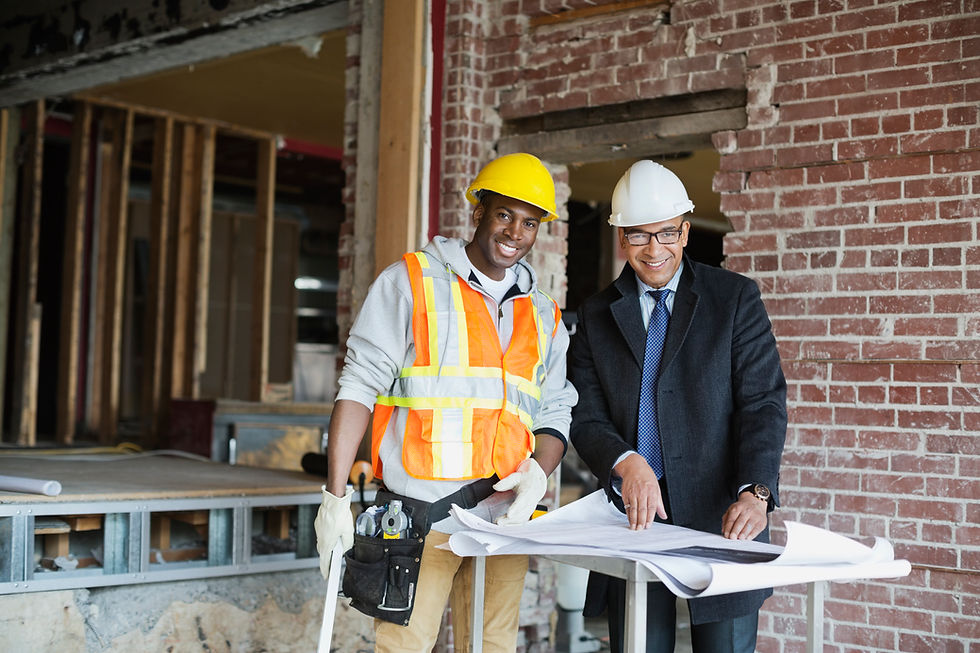
Providing training and support
Training and support can help workers develop the skills and knowledge they need to handle stress and challenges on the job. This can include safety training, stress management training, and other resources that promote mental health and well-being.
Final Thoughts
The construction industry is beginning to recognize the importance of mental health in the workplace, and mindfulness practices can play a key role in promoting positive mental health and well-being.
By prioritizing mental health, promoting mindfulness practices, and creating a positive work environment, employers and workers can improve the overall health and safety of the industry. Ultimately, this can lead to better outcomes for workers, employers, and the construction projects they work on.



